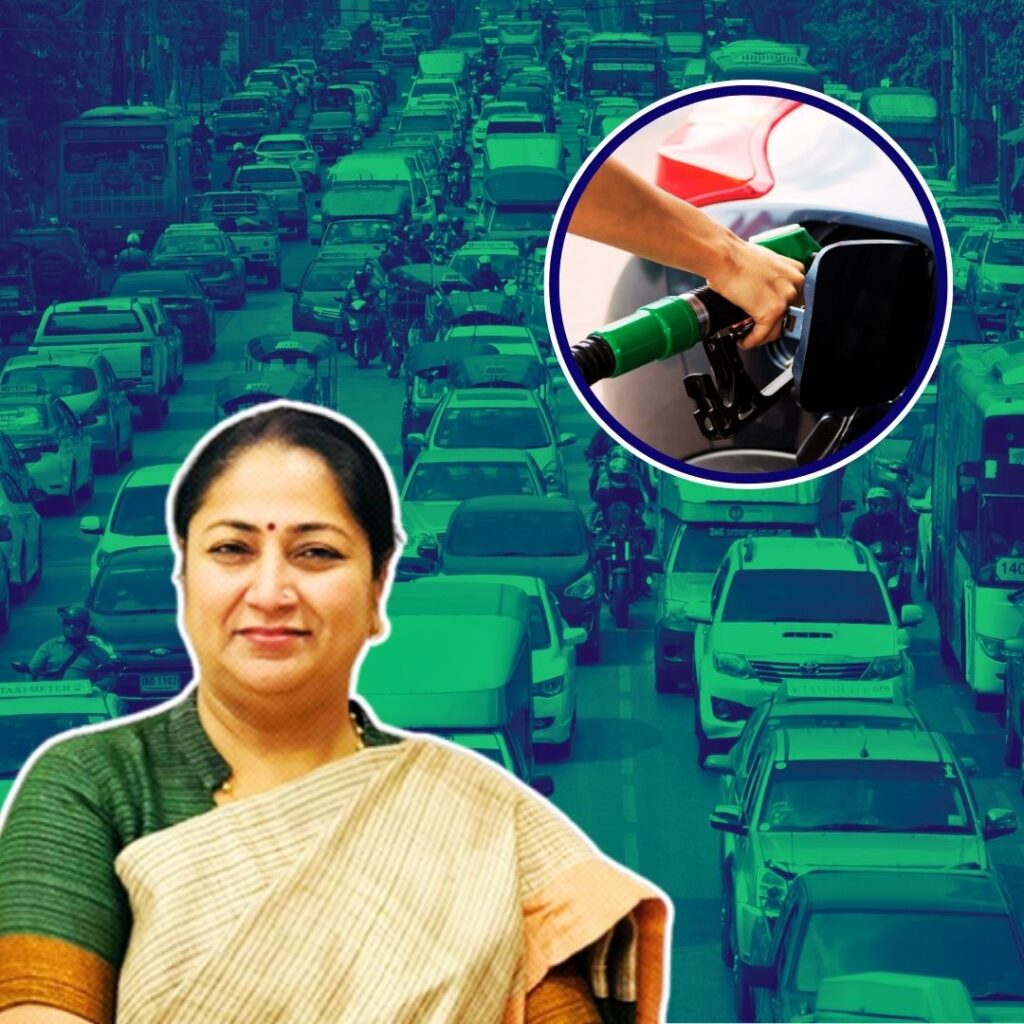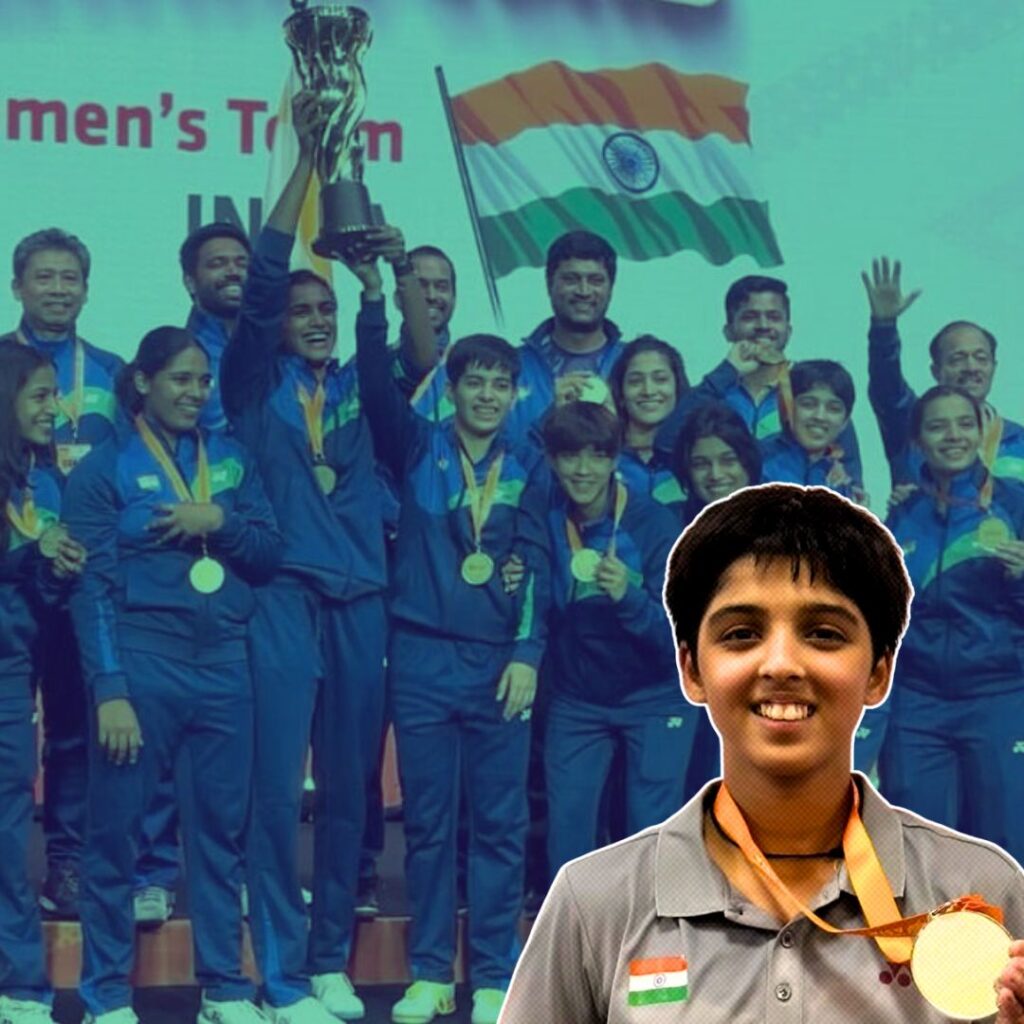‘Animals aren’t treated any differently here. They are treated with as much dignity and respect as a human being deserves in our household.’
“I am the happiest when I work in the fields. Nothing gives me more joy than my farm bustling with life. Everybody should be able to buy good organic food at nominal rates no matter where they come from and where they belong. If we all chase money, then how will our lives improve? I don’t price my rice any differently. I don’t need to earn anything more than I require. I also make sure my workers are fed at least one meal a day. That way, they get to eat organic food everyday,” said Marullusiddappa S, a natural farmer residing in Nagarakatte.
His entire farm management system thrives on the fundamental concepts of integrated farming which delve into utilising agricultural production systems efficiently keeping in mind the principles of organic farming and natural science. The entire agro-ecosystem encompassing crop protection, animal husbandry, cattle herding and a sustained maintenance of nutrient cycle is closely interlinked with each other. There’s a holistic method to his approach one that results in both socioeconomic development and environmental protection.
“I am not entirely dependent on one particular mode of farming. This eliminates the possibility of suffering major losses. Mono-cropping isn’t reliable at all. With an integrated approach, if one medium fails, you can always rely on another. I make use of nature to produce food, fuel and even electricity. I have fitted my roof with solar panels that aids with heating water. Most of the light bulbs are powered through solar energy while gobar gas keeps the stoves lit at home. I would like to become completely self-sufficient and sustainable in the near future. I don’t have any formal education but I don’t need one to understand the importance of treating nature with kindness, of living in harmony with the earth,” he said urging us to step inside. As we settled in, he left the main door ajar and sat beside us.
Across the living room, stacks of rice were neatly piled on the eastern side. An old woman with silver streaks in her hair bent over examining the scattered grains in great detail. Her frail hands trembled. The entire room was shrouded in faint whiffs of uncooked rice.
“It’s all organic,” he said breaking our reverie, “I have had a decent harvest this time around but not better than last year. Rains have reduced and the weather is turning volatile by the year. We cant blame anyone but ourselves. We did this to ourselves. And, the only way we can bring about change is together.”
His mother listened to him glumly and occasionally nodded as she heard him speak. Her calloused fingers strummed a mindless tune on the wooden chair. Soon, her grip slackened as she stood up to attend to someone. Beneath the frailty of her physical features, lay the spirit of a survivor.
“Appaji passed away when I was in 10th grade. So, I had to take up the responsibility of running the household at a very young age. However, in reality, it was my mother who worked every single day to ensure that we never slept hungry. I would always accompany her to the fields. I learnt how to sow a seed and nurture a sapling to life from her. She has always been a sensitive human being and therefore it’d reflect in her work. She taught me how to use a weed cutter without harming the plant whilst ensuring their roots aren’t tampered with. Plants feel everything, she said. We don’t use any heavy machinery even today,” said the farmer as he instructed his son to prepare some tea. “She finds her solace in tending to plants,” he added.
Above us hung several photographs and certificates of honour bestowed upon him by the the state and central government. His progressive ideologies with respect to natural farming have been adopted by farmers and institutions all over the country. However, many in the region are still quite apprehensive about adopting traditional farming methodologies for they fear they might run into severe loss.
“I have complete faith on the earth. You have to trust nature. You need to give the land time to heal itself. You need to be mentally strong to take losses for the first few years. It takes three years to replenish the soil once it is free of chemical contamination. We cant just give up after trying for a few weeks. One can always start with a small patch of land. That’s what I did. I realised that excess usage of fertilisers and chemicals had destroyed the soil cover over the years. I couldn’t understand its character anymore. So, in 2005, I started making fundamental changes to my life and that included altering my perspective on farming. Agriculture has always been an integral part of my life and it is imperative I understand and respect the synergy of our co-existence with nature,” said Jagallurappa.
They had gone through it all, together. His mother and him. Some days, there was happiness. Some days,…











